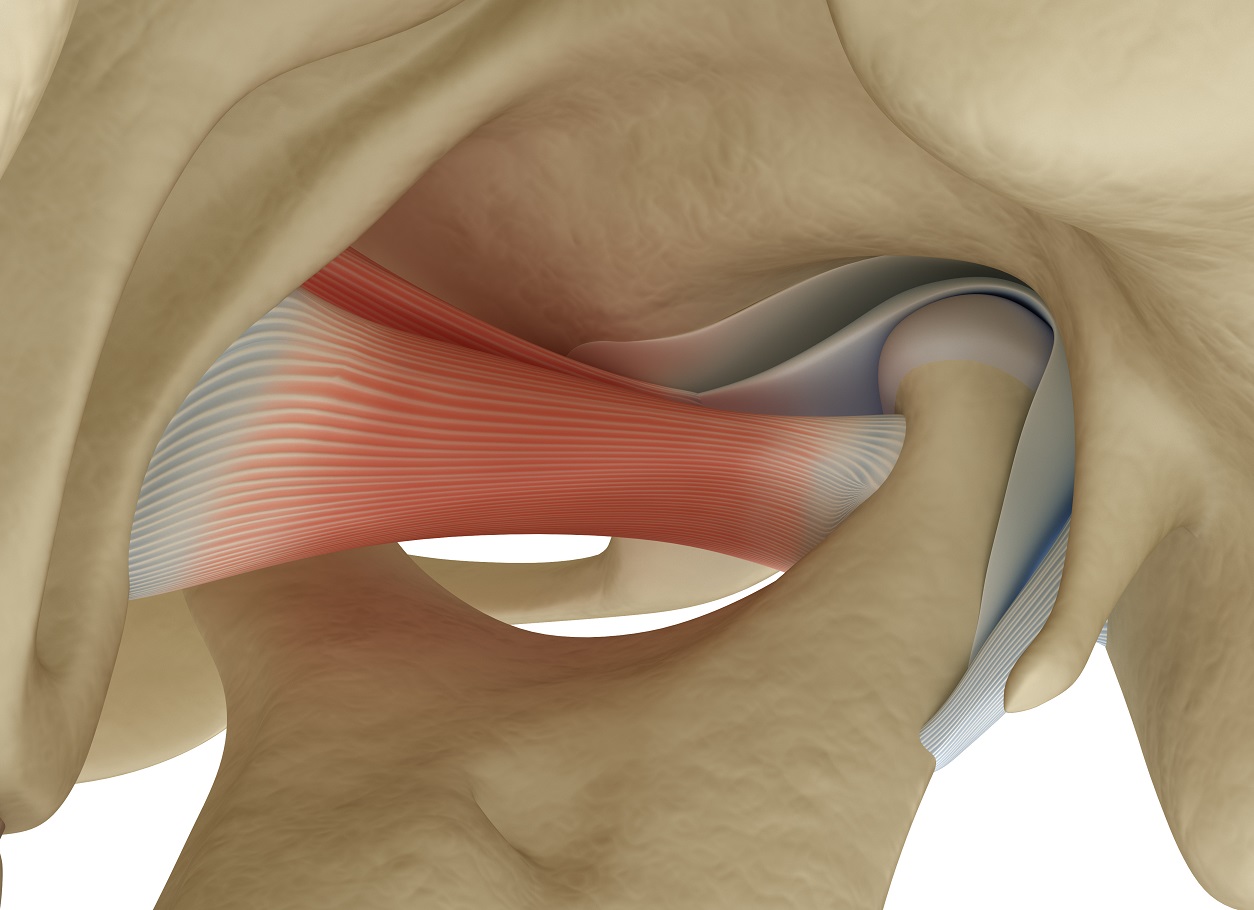
The problem with jaw joint dysfunction, also known as TMJ disorder, is that there are many different potential symptoms of having one. By themselves, many of these symptoms may not even seem related to your oral or jaw health, which can make it even more challenging to connect them to a jaw disorder. To help determine if you may be experiencing a jaw dysfunction, we examine a few things that might point to one, such as the impact that TMJ dysfunctions can have on your oral health and bite function.
Do your jaw joints pop or click?
A popping or clicking jaw may not seem significant, especially if it isn’t constant or particularly painful. However, if ignored long enough, even minor jaw popping and clicking sensations can become more frequent and more painful, which can indicate more severe damage to your temporomandibular joints (TMJs). If your jaw joints pop or click even a little bit when you open and close your mouth, then it may be a good idea to determine if you have a jaw dysfunction. With appropriate early treatment, you may be able to avoid the potentially serious consequences of untreated TMJ disorder.
Do you experience chronic headaches or migraines?
When you have a TMJ disorder and experience popping or clicking in your jaws, the sensation may or may not cause significant discomfort. However, in addition to the popping in your joints, you might also begin to suffer from chronic headaches and/or migraines as a result of the strain on your jaw’s nerve group. Known as the trigeminal nerve group, these are the dominant nerves in your head, face, and jaw. Aggravation from damaged or malfunctioning TMJs can cause them to hurt, and lead to increasingly worse headaches the longer your TMJ disorder remains untreated.
Do your jaw muscles feel sore and overworked?
Your TMJs are largely responsible for the function of your jaw when you bite and chew. They work together with your jaw’s muscles in order to control the function of your bite, and TMJ disorder can affect this function in various ways. One of the symptoms of this stress may be a feeling of exhaustion and/or soreness in your jaw muscles, which can result from the strain of trying to keep your jaw straight as you bite and chew. If you experience pain or soreness in your jaw muscles, or any other potential symptoms of TMJ disorder, it’s important to treat the condition as soon as possible to mitigate the symptoms of it.
Learn how we can resolve your jaw dysfunction
If you notice these or similar signs, then they might be warnings of a jaw dysfunction known as TMJ disorder. To learn more about how to treat it, schedule a consultation with us by calling the office of Dr. Stuart Dexter in Prairie Village, KS, today at 913-362-8200.

